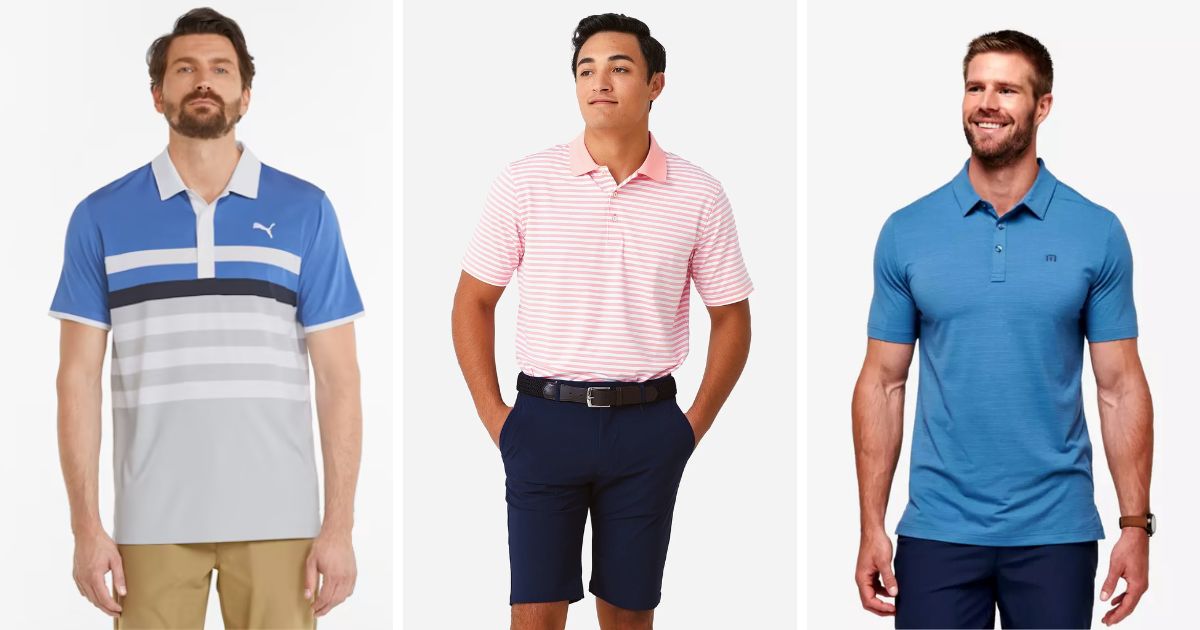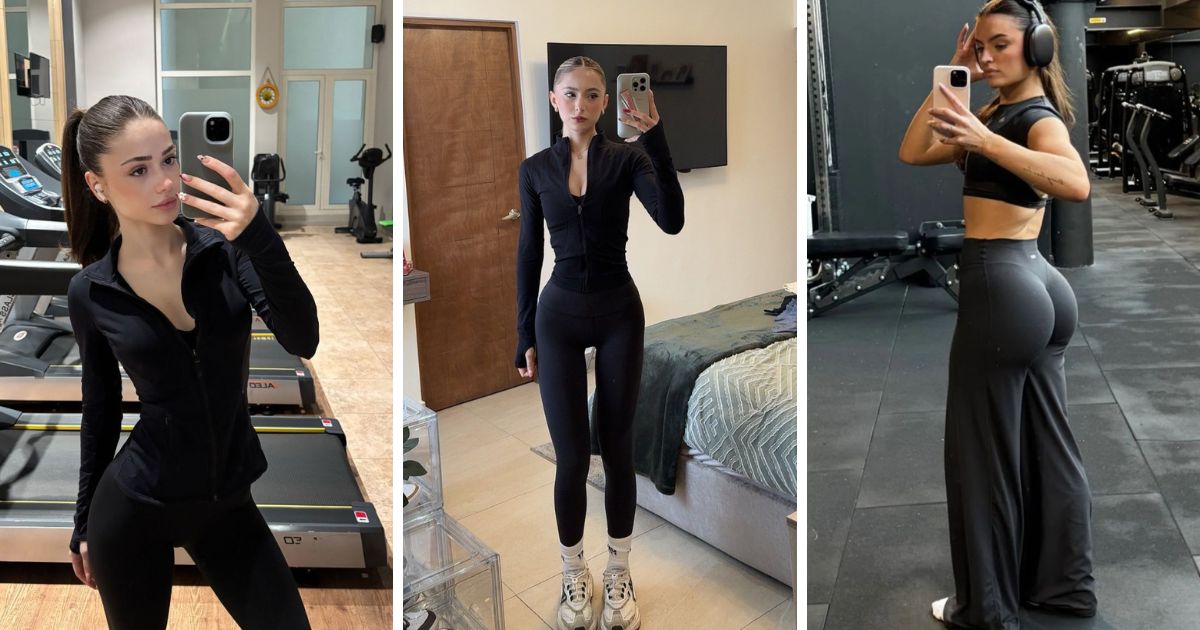Okay, so you’re thinking about getting a used SUV. Smart move! SUVs are like the Swiss Army knives of cars—great for family road trips, hauling gear, or just cruising through your daily grind. Buying used is a total win because you get all the good stuff without the crazy price tag of a new one. Let’s break down why used SUV cars are awesome, what to keep in mind, some killer models to check out, and how to avoid any headaches. Ready? Let’s do this.
Related: Why Luxury Swim Spas Are Worth It: Reviews from Seniors and Experts
Why a Used SUV Is the Way to Go
Used SUVs are like finding a great pair of jeans at a thrift store—same vibe, way less cash. Here’s why they’re such a solid choice:
You Save Big Bucks
New SUVs can cost as much as a small house—okay, maybe not that much, but $40,000 or more isn’t uncommon. Go used, and you’re saving thousands. Cars lose a ton of value in the first couple of years—like 20–30%, according to Kelley Blue Book. That means you can snag a sweet SUV that’s just a few years old for a fraction of the price.
They’re Super Versatile
Need a car that can handle grocery runs, camping trips, or schlepping the kids to practice? Used SUV cars have you covered. Smaller ones like the Honda CR-V are perfect for zipping around town, while bigger beasts like the Chevy Tahoe can fit your whole crew and their stuff.
Fancy Features, Cheaper Price
Even used SUVs from a few years back come with cool tech—think backup cameras, touchscreens, or even stuff like lane warnings. You get all the modern perks without paying new-car prices.
They’re Tough as Nails
Brands like Toyota, Honda, and Subaru build SUVs that just don’t quit. With a little love and regular oil changes, a used SUV can keep you rolling for years.
What to Think About Before You Buy
Shopping for a used SUV is fun, but you’ve gotta do it right to avoid ending up with a clunker. Here’s the lowdown on what to keep in mind:
1. Figure Out Your Budget
First things first—how much can you spend? And don’t just think about the price of the car. Gas, insurance, and maintenance add up. Check out sites like Edmunds or Kelley Blue Book to get a sense of what it’ll cost to own that SUV you’re eyeing.
2. Dig Into Its History
You wouldn’t date someone without knowing a bit about their past, right? Same goes for cars. Grab a vehicle history report from Carfax or AutoCheck to see if the SUV’s been in accidents, had title issues, or was maintained well. A clean report is like a gold star.
3. Check the Mileage
Lower mileage is usually better, but a higher-mileage SUV can still be a gem if it’s been taken care of. Aim for under 100,000 miles, and make sure the previous owner kept up with things like oil changes.
4. Pick the Right Size
SUVs come in all sorts of sizes, so think about what you need:
- Compact SUVs: Great for city life or small families (like the Toyota RAV4 or Mazda CX-5).
- Midsize SUVs: Perfect for growing families or extra cargo (think Jeep Grand Cherokee or Ford Explorer).
- Full-size SUVs: Best for big families or towing heavy stuff (like the Chevrolet Tahoe or Toyota Sequoia).
5. Don’t Forget Gas Mileage
Nobody wants to spend their paycheck at the pump. If fuel costs are a concern, look at hybrids like the Toyota RAV4 Hybrid or even diesel models like the Jeep Grand Cherokee EcoDiesel. The EPA’s website has fuel economy ratings to help you compare.
6. Know Your Must-Haves
What’s non-negotiable for you? All-wheel drive for snowy roads? A third row for extra kids? Maybe Apple CarPlay so you can blast your playlists? Lots of used SUVs from 2018 or later have these features, so you’re not stuck with a basic model.
7. Take It for a Spin
You wouldn’t buy shoes without trying them on, so don’t buy an SUV without a test drive. See how it feels—does it drive smooth? Are the seats comfy? Any weird rattles? If you can, get a mechanic to check it out to make sure it’s not hiding any issues.
Awesome Used SUV Cars to Check Out in 2025
Alright, let’s talk about some of the best used SUV cars you can find in 2025. These models are popular, reliable, and won’t let you down.
1. Toyota RAV4 (2016–2020)
- Why It Rocks: The RAV4 is like that reliable friend who’s always there. It’s fuel-efficient (up to 30 MPG), roomy for small families, and super dependable. Plus, these years often come with cool tech like touchscreens and safety features.
- Price Range: $15,000–$25,000
- Who It’s For: City folks, small families, or anyone who wants a low-maintenance ride.
2. Honda CR-V (2017–2021)
- Why It Rocks: The CR-V is a crowd-pleaser with a comfy ride, great gas mileage (up to 34 MPG on the highway), and a spacious interior. It’s a safe bet that holds its value like a champ.
- Price Range: $16,000–$26,000
- Who It’s For: Daily commuters or families who want a smooth, practical SUV.
3. Subaru Forester (2018–2022)
- Why It Rocks: With all-wheel drive as standard, the Forester is your go-to for adventures or snowy winters. It’s got plenty of space and awesome safety ratings.
- Price Range: $18,000–$28,000
- Who It’s For: Outdoor lovers or anyone dealing with rough weather.
4. Jeep Grand Cherokee (2016–2020)
- Why It Rocks: This midsize SUV is like the cool kid who can do it all—off-road trails, fancy date nights, you name it. Higher trims have plush interiors and tech like adaptive cruise control.
- Price Range: $20,000–$35,000
- Who It’s For: Folks who want a mix of rugged and refined.
5. Chevrolet Tahoe (2015–2019)
- Why It Rocks: The Tahoe is a full-size beast with room for up to eight people and enough towing power (up to 8,600 pounds) to haul your boat or trailer. It’s a family favorite.
- Price Range: $25,000–$40,000
- Who It’s For: Big families or anyone needing serious towing muscle.
Related: Your Friendly Guide to Used Car Financing and Loans
Tips to Nail Your Used SUV Purchase
Wanna make sure you get a great deal? Here’s how to shop like a pro:
1. Do Your Homework
Check out Kelley Blue Book or TrueCar to see what the SUV you want is worth. Knowing the market price helps you negotiate without getting ripped off.
2. Go for Certified Pre-Owned (CPO)
CPO SUVs are like the gold standard—they’re thoroughly checked and often come with extra warranties. Brands like Toyota, Honda, and Ford have awesome CPO programs.
3. Look Out for Recalls
Head to the NHTSA website to see if the SUV you’re eyeing has any recalls. Make sure any issues have been fixed before you buy.
4. Negotiate Like a Boss
Don’t just take the first price you’re offered. Whether you’re at a dealership or buying from a private seller, use your research to haggle for a better deal.
5. Get a Mechanic’s Opinion
Even if the SUV looks perfect, have a mechanic give it a once-over. Spending a little now can save you from big repair bills later.
6. Shop Around for Loans
If you need financing, don’t just go with the dealership’s offer. Check rates from banks or credit unions, and get pre-approved to give yourself some bargaining power.
Mistakes You Don’t Wanna Make
Avoid these rookie moves to keep your SUV-buying experience smooth:
- Skipping the History Report: You don’t want to find out your SUV was in a major wreck after you buy it.
- Ignoring Maintenance Records: No records could mean the car wasn’t taken care of.
- Forgetting the Big Picture: A cheap SUV might cost you more in gas or repairs, so think long-term.
- Rushing It: Don’t fall in love too fast—take your time to test drive and compare options.
Where to Hunt for Used SUV Cars
Ready to start looking? Here’s where you can find your dream ride:
- Dealerships: They’ve got tons of options and sometimes throw in warranties or CPO deals. Just be ready to negotiate.
- Online Sites: Carvana, Vroom, or Autotrader let you browse from your couch with a huge selection.
- Private Sellers: You might score a deal, but there’s usually no warranty, so be extra careful.
- Auctions: These can be a steal, but they’re tricky if you’re not a car expert.
Let’s Wrap It Up
Used SUV cars are the perfect mix of practical, fun, and budget-friendly. Whether you’re after a compact Toyota RAV4 for zipping around town or a beefy Chevrolet Tahoe for family adventures, there’s a used SUV out there that’s just right for you. Do your research, take your time, and test drive like your life depends on it. Before you know it, you’ll be cruising in your new-to-you ride, ready for whatever’s next. Happy hunting!


.png)

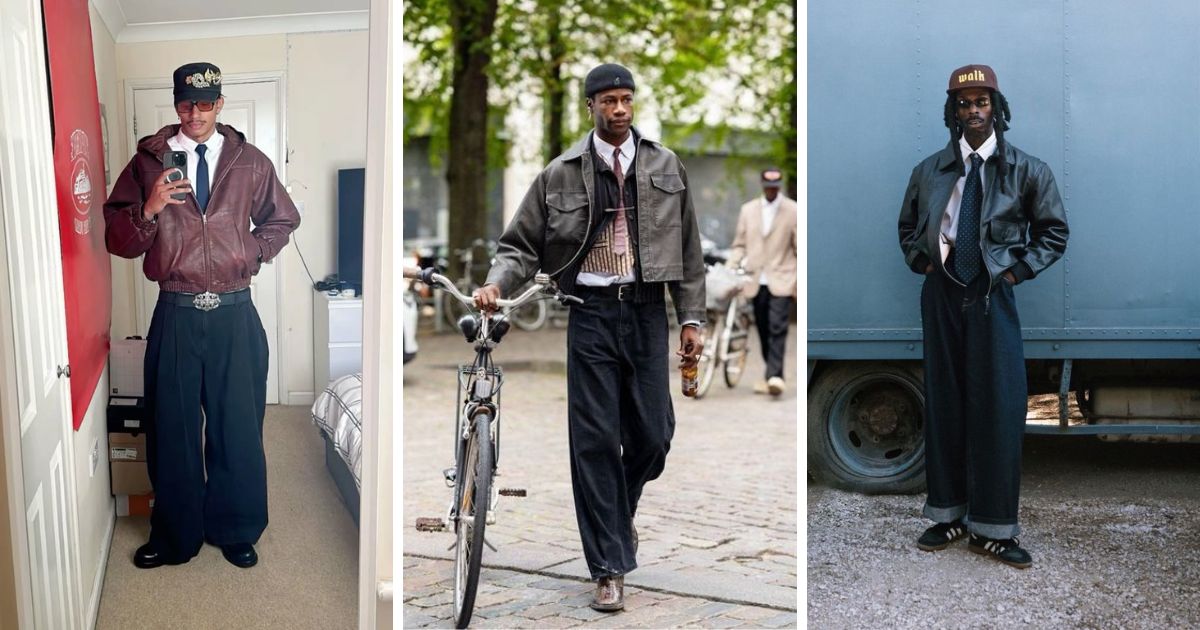
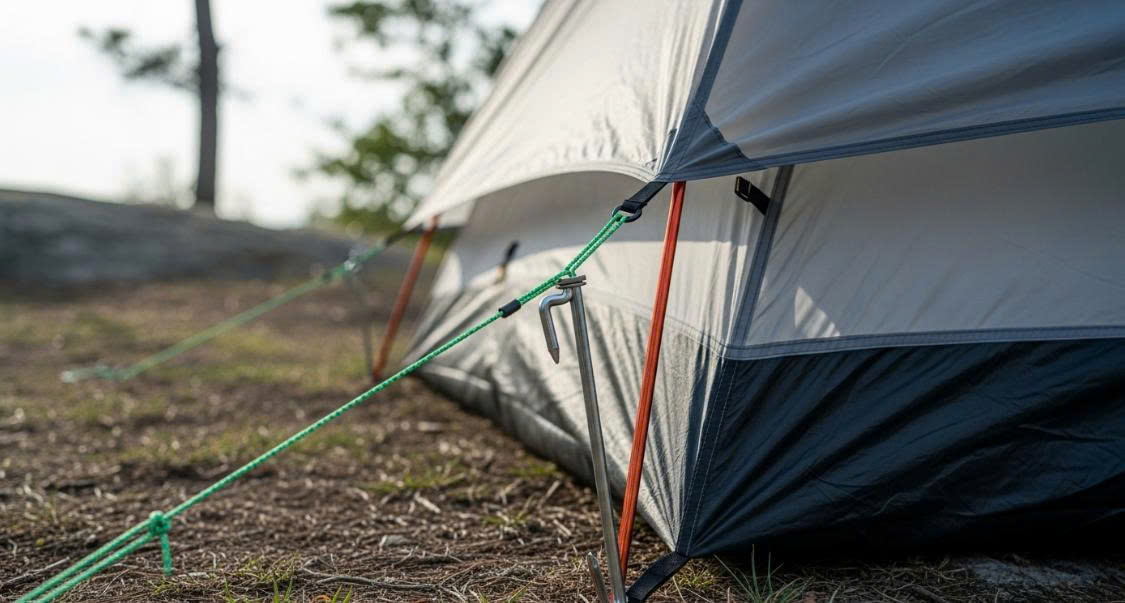
.jpg)
.jpg)
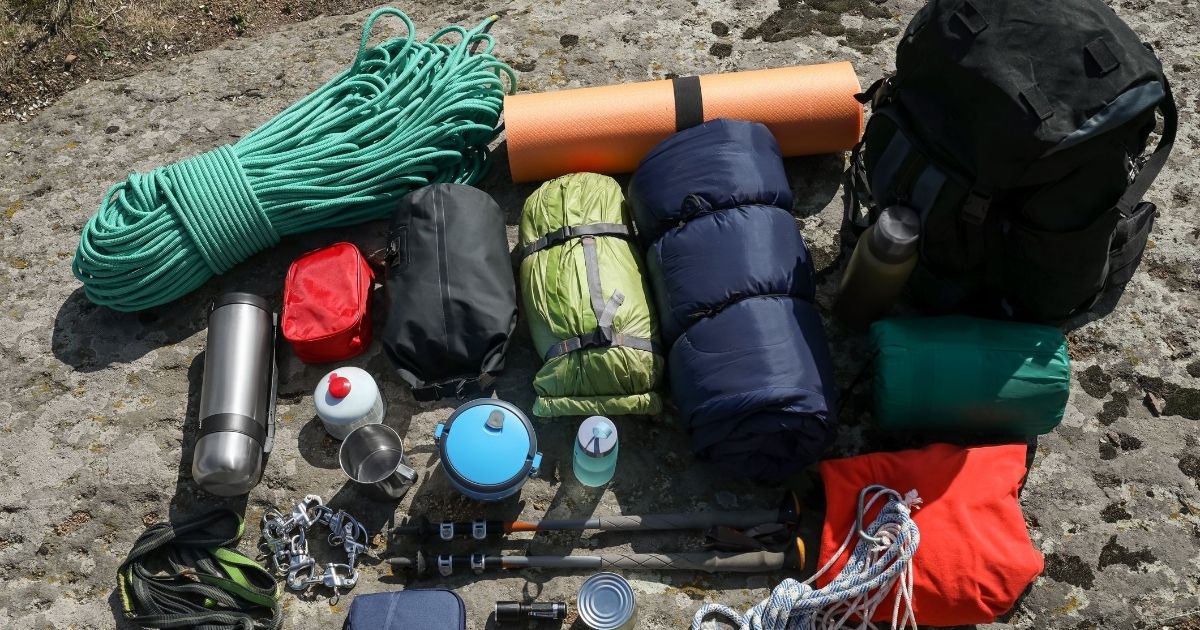
.png)

